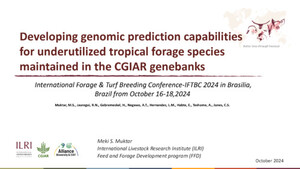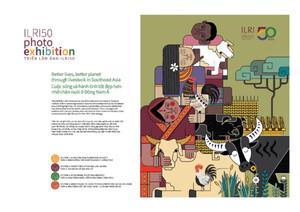
Analysis of trade-offs in agricultural systems: current status and way forward
Abstract
Trade-off analysis has become an increasingly important approach for evaluating system level outcomes of agricultural production and for prioritizing and targeting management interventions in multifunctional agricultural landscapes. We review the state-of-the-art for trade-off analysis, assessing different techniques by exploring a concrete example of trade-offs around the use of crop residues in smallholder farming systems. The techniques for performing trade-off analyses have developed substantially in recent years aided by mathematical advancement, increased computing power, and emerging insights into systems behaviour. Combining different techniques allows the assessment of aspects of system behaviour via various perspectives, thereby generating complementary knowledge. However, this does not solve the fundamental challenge: trade-off analyses without substantial stakeholder engagement often have limited practical utility for informing practical decision-making. We suggest ways to integrate approaches and improve the potential for societal impact of future trade-off analyses.
Citation
Klapwijk, C., van Wijk, M., Rosenstock, T., van Asten, P., Thornton, P., & Giller, K. (2014). Analysis of trade-offs in agricultural systems: current status and way forward. In Current Opinion in Environmental Sustainability (Vol. 6, pp. 110–115). Elsevier BV. https://doi.org/10.1016/j.cosust.2013.11.012









